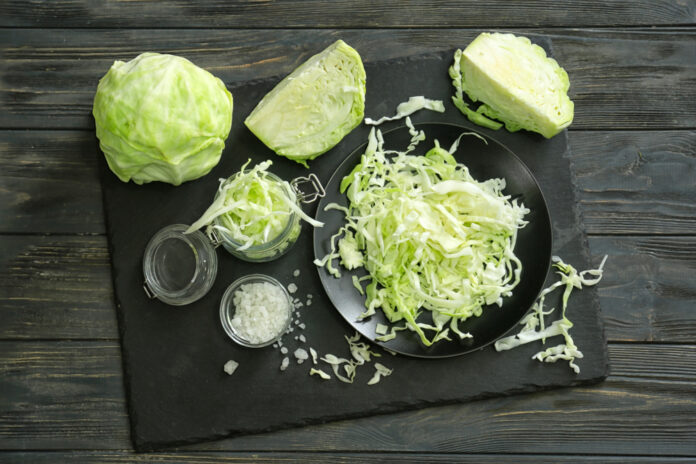
The first things that come to mind when we think about cabbage are undoubtedly coleslaw in the summer and corned beef and cabbage on St. Patrick’s Day. It turns out that this common cruciferous vegetable is so nutrient-dense that you should probably eat it more frequently than just once or twice a year. Find out about the numerous health advantages of cabbage.
What Is Cabbage?
Cabbage is one of the earliest known vegetables consumed in China as early as 4,000 B.C. It is a leafy vegetable belonging to the Brassica family, including broccoli, cauliflower, and Brussels sprouts. It comes in three colors—green, red, and savoy—and can be steamed by itself, added to a salad or stir-fry, eaten raw or cooked, or topped over fish tacos.
During the Middle Ages, cabbage was known as the “medicine of the poor” due to its low cost and advantageous health properties. Including cabbage in your meal plan is a wonderful place to start if you are genuinely attempting to enhance your nutrition.
Benefits of Cabbage
Better Digestion: You’ve probably heard the advice to “eat your roughage,” and cabbage is a good source. Its fiber and water content can aid in maintaining a healthy digestive system and preventing constipation. You may increase your intake of probiotics, one of the finest things for a healthy gut and digestive system, by eating fermented cabbage in the form of sauerkraut.
Weight Loss: Cabbage is abundant in fiber and has no fat, yet just 33 calories per cup. Because it is so nutrient-rich and full thanks to its high fiber content, cabbage is usually suggested to people who want to lose weight.
Lowers Cholesterol: Additionally, cabbage can help decrease cholesterol. Instead of being absorbed into the blood, its fiber and nutrients bind with bile acids in the colon and pass out in the stool. It has a greater ability to reduce cholesterol when eaten cooked.
Immune Booster: Cabbage is a fantastic vitamin C source, essential for building a robust immune system.
Reduces Inflammation: Inflammation results in unnecessary pain and suffering and can be the beginning of a wide range of other illnesses and conditions. An amino acid called glutamine, which is included in cabbage, has potent anti-inflammatory properties that can assist with allergies, arthritis, and joint discomfort. One of the top ten foods that contain glutamine is cabbage.
Improves Brain Health: Purple cabbage is a very potent source of nutrients for the brain. It has the antioxidant anthocyanin and vitamin K, which will enhance focus and brain function. The sometimes overlooked vitamin K can strengthen your resistance to diseases like Alzheimer’s and dementia. Additionally, anthocyanin works to reduce brain plaque, halting the decline of both short- and long-term memory.
https://www.urmc.rochester.edu/news/story/could-cabbage-and-broccoli-help-in-the-fight-again
https://www.healthline.com/nutrition/benefits-of-cabbage#TOC_TITLE_HDR_3
https://www.webmd.com/food-recipes/ss/slideshow-cabbage-benefits


















